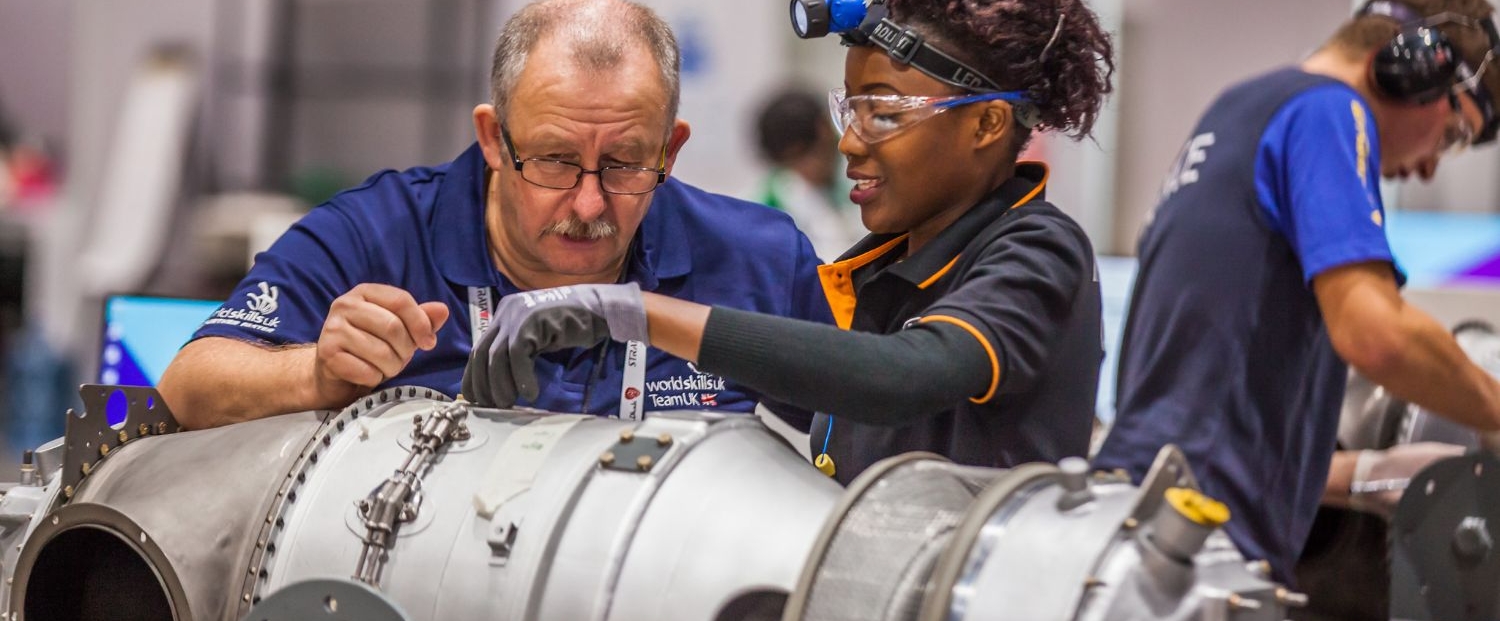

Apprenticeships come in different levels – Intermediate Apprenticeships, Advanced Apprenticeships, Higher Apprenticeships and Degree Apprenticeships – all offering different qualifications. An apprenticeship is hands-on work with the opportunity to train and obtain qualifications. It’s also a paid position, so you earn while you learn. At least 20% of your time is set aside for learning, usually at a college, university or training provider.
The rest of your time is spent applying your knowledge and skills in the actual workplace, doing the job that you set out to get. At the end of it, you’ll gain official certification, which will be equivalent to traditional qualification.

Vocational qualifications are work-related qualifications available in a wide range of career areas. They are designed to enable the learner to acquire knowledge and skills that meet recognised standards necessary to perform a particular job. They are called National Vocational Qualifications (NVQs) in England and Wales.

T Levels are designed with businesses and employers, T Levels are two-year, technical qualifications designed to give students the skills that industry needs. They bring classroom learning and an extended industry placement together, providing a mixture of, technical knowledge and skills specific to their chosen industry or occupation, an industry placement of at least 45 days in their chosen industry or occupation, relevant maths, English, and digital skills. T Levels are one of three major options for students to study at level three. Alongside apprenticeships for those who wish to study and train for a specific occupation, and A levels for students who wish to continue academic education.
